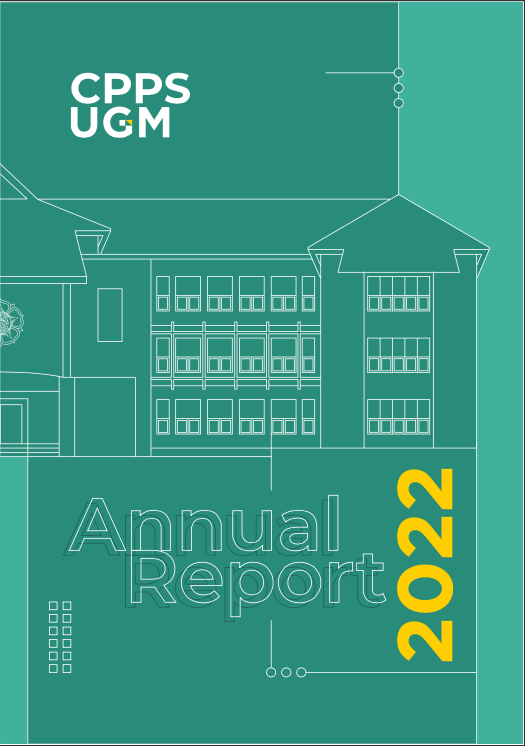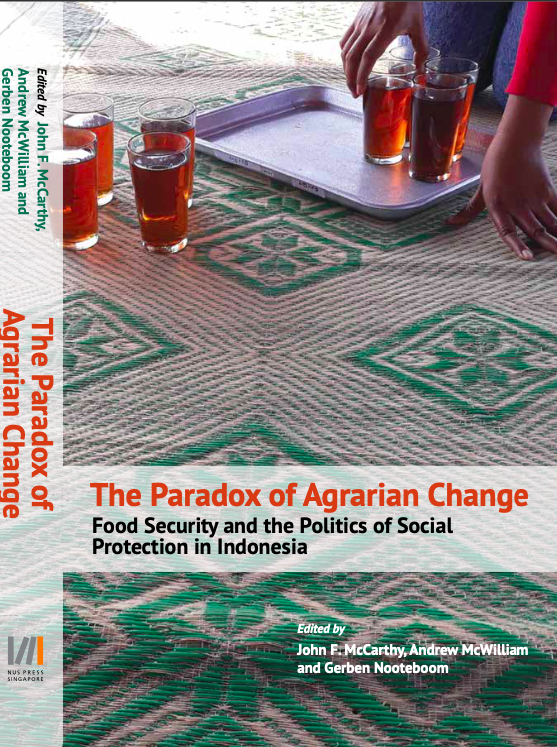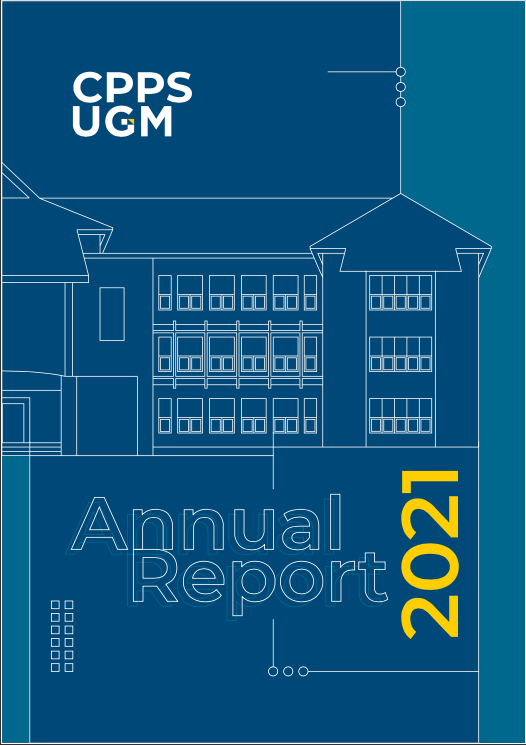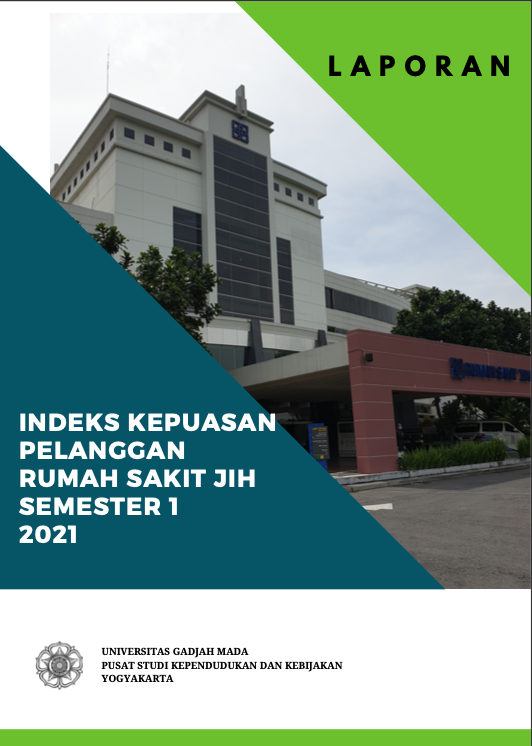NEW DIRECTIONS IN TRANSPORT REFORM
|Transport plays an important role in opening access to economic opportunities and the delivering products and services that support economic development. The provision of efficient and equitable transport infrastructure is a significant national challenge in both Indonesia and Australia. For both nations, it is an issue that cuts across all levels of government. Although the transport requirements and context of the two countries differ, there is a similar need to involve both the public and private sectors.
The Government of Indonesia has recognised that poor transport infrastructure has constrained economic and social development in rural areas and impeded efforts to alleviate rural poverty. Indonesia’s population is not homogenous in terms of spatial distribution, income and physical condition. In fact, inadequate transport facilities have frustrated efforts to redistribute the population and hindered the achievement of several Millennium Development Goals.
The transport sector is a key target for governance reform. Better safeguards are required to achieve a sustainable policy for delivery of transport infrastructure. The timing is also right for reform in the transport sector. Various bureaucratic reforms have begun, with the Ministry of Finance leading the way with its Public Finance Management Plan. In addition, policy reviews are taking place in other sectors too, including infrastructure, in conjunction with ADB, JBIC and the World Bank.
This Policy Brief identifies problems and policies in Indonesia’s transport sector and outlines three broad areas for reform. First, mapping and where appropriate, consolidating government financial support for transport infrastructure and services. Second, providing direct and explicit government financial support to private sector providers and third, developing a scheme to meet the increased demand for capacity building and local government assistance. This research is based on consultations with stakeholders from national, provincial and local governments, professional organisations and NGOs, and the private sector. []
*Klik untuk mengunduh makalah: Seminar Bulanan S.361 – Prof. Danang Parikesit, Prof. John A. Black, Associate Prof. John Lea, Dr Purwo Santoso | 16 Juli 2009





